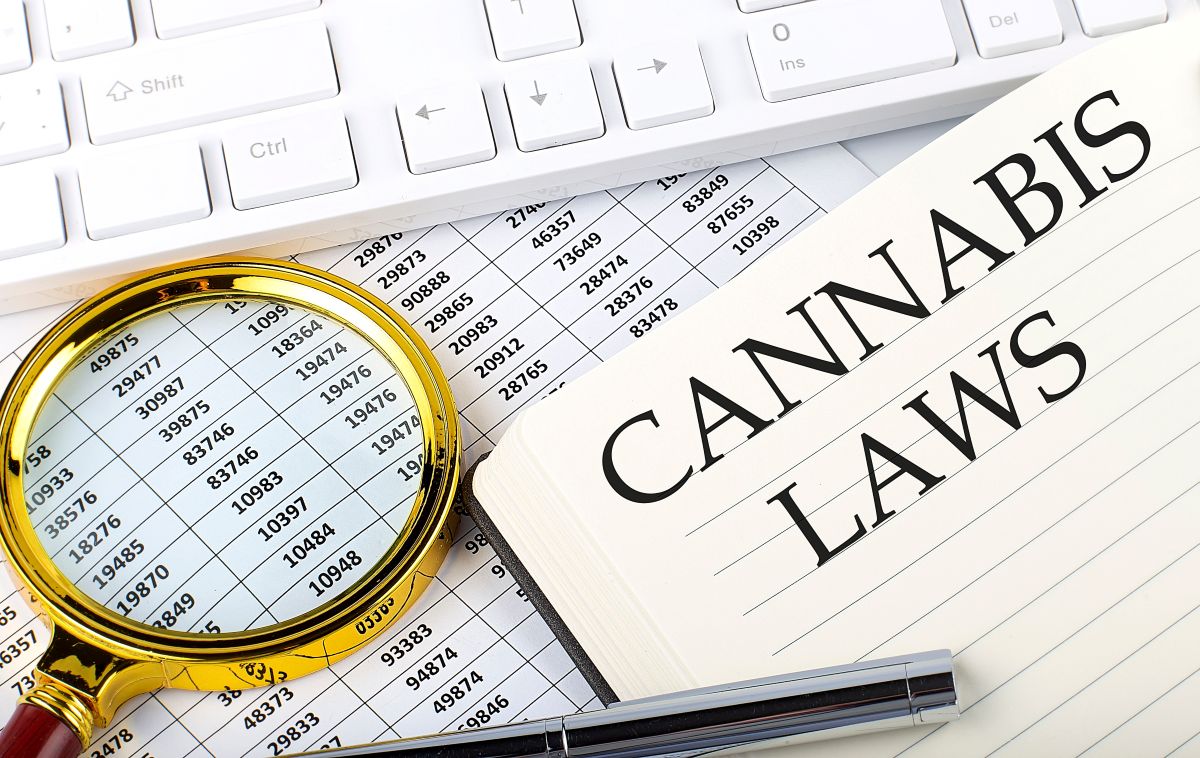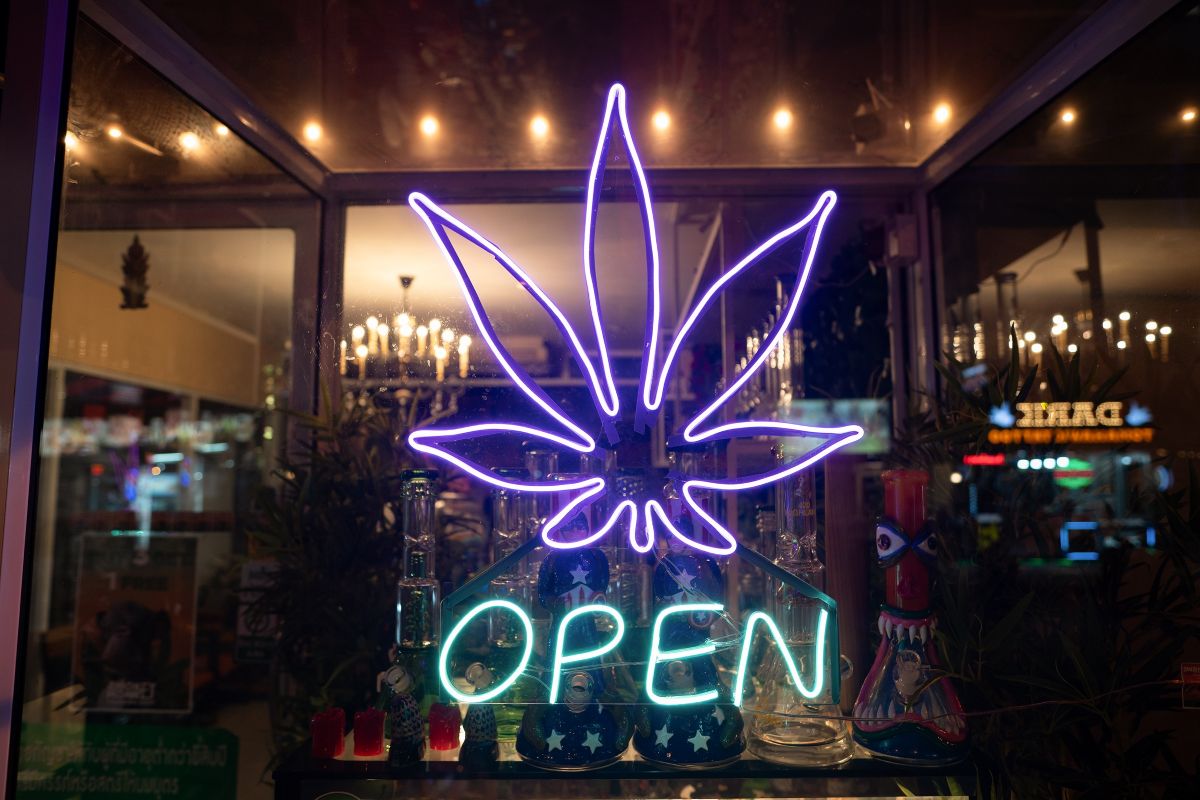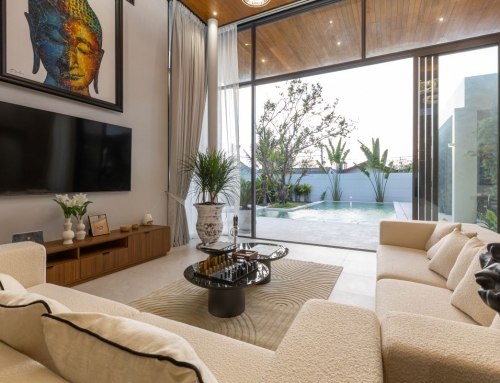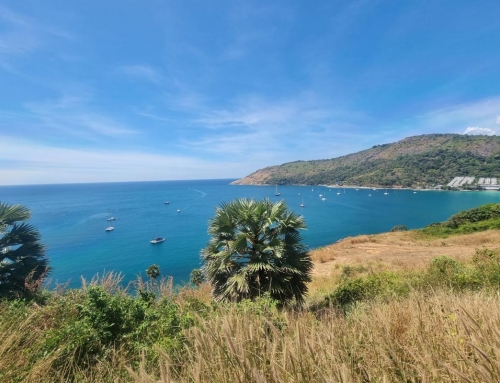Thailand’s announcement in late June 2025 to recriminalize recreational cannabis marks a dramatic shift in policy that could significantly impact the Phuket property market, tourism, and commercial real estate landscape.
While the 2022 decriminalization had fueled a booming cannabis tourism and retail real estate niche, the new restrictions, requiring prescriptions and banning recreational sales, present both challenges and opportunities for Phuket’s property market, as well as its commercial sector.
A Rapid Shift in Legal Framework
On June 26, 2025, Thailand’s Ministry of Public Health officially reclassified cannabis buds as a controlled herb. Use is now restricted to medicinal purposes only, with recreational use and sales banned. Online cannabis sales and tourist-focused dispensaries were immediately outlawed. Violations face penalties of up to one year in prison or a 20,000 THB fine.
Tourism Fallout: Impact on Phuket’s Reputation and Real Estate Appeal
Phuket had carved out a niche as a cannabis-friendly island, with dispensaries, wellness retreats, and “ganja tours” contributing to a modern, relaxed image. However, growing concerns around youth exposure and poor regulatory oversight triggered a policy reversal.
This shift may dent Phuket’s appeal among younger cannabis-seeking tourists but could boost confidence among families and long-term investors looking for a more wholesome environment. For real estate, particularly family homes and long-term rentals, this regulatory tightening may improve the island’s image as a more secure and balanced destination.

Tourism Setbacks Already Underway
Even before the policy shift, Phuket’s tourism momentum had begun to slow. In February 2025, international arrivals dropped 13.9% compared to January, largely due to a major earthquake that disrupted central tourism infrastructure. By May, Thailand as a whole recorded a 1.75% year-on-year decline in visitors.
This decline has coincided with growing discontent from both residents and visiting families over the omnipresence of cannabis, particularly in central tourist zones. Public pushback has centered on the pervasive smell in areas near schools, beaches, and family neighborhoods, leading many to question whether Phuket was still a suitable destination for children or retirees.
Cannabis Culture and Its Polarizing Impact on Property Buyers
Cannabis legalization initially brought a wave of younger travelers, many of whom were digital nomads and first-time investors seeking short-term rental income or starter condos. The island’s youthful resurgence injected new life into the real estate sector, particularly for centrally located apartments and retail spaces.
But for traditional buyers, retirees, expats, and families seeking peaceful villas or long-term homes, the cannabis boom was off-putting. As the pendulum swings back to stricter regulation, Phuket may experience renewed interest from these core demographics, stabilizing demand for mid-range and luxury villas, especially in quieter areas like Nai Harn, Layan, or Laguna.
Retail Real Estate: A Post-Cannabis Vacuum?
One of the most visible effects of legalization was the transformation of vacant shoplots into thriving dispensaries. In areas like Patong and Rawai, entire rows of dormant commercial units found new life as cannabis businesses, reshaping high-street real estate.
Now, with many dispensaries set to close, Phuket faces the threat of renewed retail vacancies. Landlords and investors who capitalized on the cannabis trend may face short-term losses unless new, compliant businesses emerge to replace dispensaries. The question remains: can these units be repurposed into viable commercial spaces, or will they revert to ghost-town status?
Villa and Condo Markets: A Reset in Motion
As of mid-2025, over 40,000 units across 343 developments are listed for sale in Phuket, with an estimated 10,000 unsold villas and condos. While demand for sea-view villas and branded residences in Bang Tao, Surin, and Kamala remains stable due to rental yield potential, inland and budget condo markets face a more tepid response.
The end of cannabis tourism may slow short-term rental demand in some zones, particularly for centrally located studios. However, with renewed focus on quality of life, wellness, and long-term living, Phuket’s property market could see a shift toward more stable, family-friendly demand.
This presents an opportunity for real estate developers to rethink upcoming projects, focusing more on livability, privacy, community spaces, and legal certainty, all of which resonate with retirees and expat families.
Conclusion: Uncertainty or Opportunity?
Thailand’s 2025 cannabis policy reversal will undoubtedly reshape Phuket’s real estate landscape. As recreational cannabis exits the retail space, landlords, investors, and developers must rethink strategies for tourism, retail, and residential development.
However, this shake-up also opens doors. A more conservative and family-oriented atmosphere could reinvigorate long-term buyer interest in Phuket villas and condos. Developers and real estate agencies focusing on secure legal structures, clean living environments, and reputable villa projects may thrive in this new era.
Phuket is still one of Thailand’s top destinations for foreign buyers, and with proper repositioning, the island could strengthen its reputation as a luxury real estate hub where lifestyle, legality, and livability align.
What It Means for Property Buyers in Phuket
While cannabis reform may impact some tourist-facing businesses, Phuket’s real estate market remains driven by long-stay visitors, retirees, and investors looking for lifestyle and rental value. Whether laws shift or not, property demand continues — especially in areas like Rawai, Kata, and Bang Tao where rental yields and resale potential remain high.
Interested in buying property in Phuket?
Explore our Phuket Villas for Sale and Phuket Condos for Sale to find your ideal home or investment property.
Get in Touch | Call Now On: +66 9484 11918
Contact Us to Speak to One of Our Experienced Real Estate Advisors





Social Contact